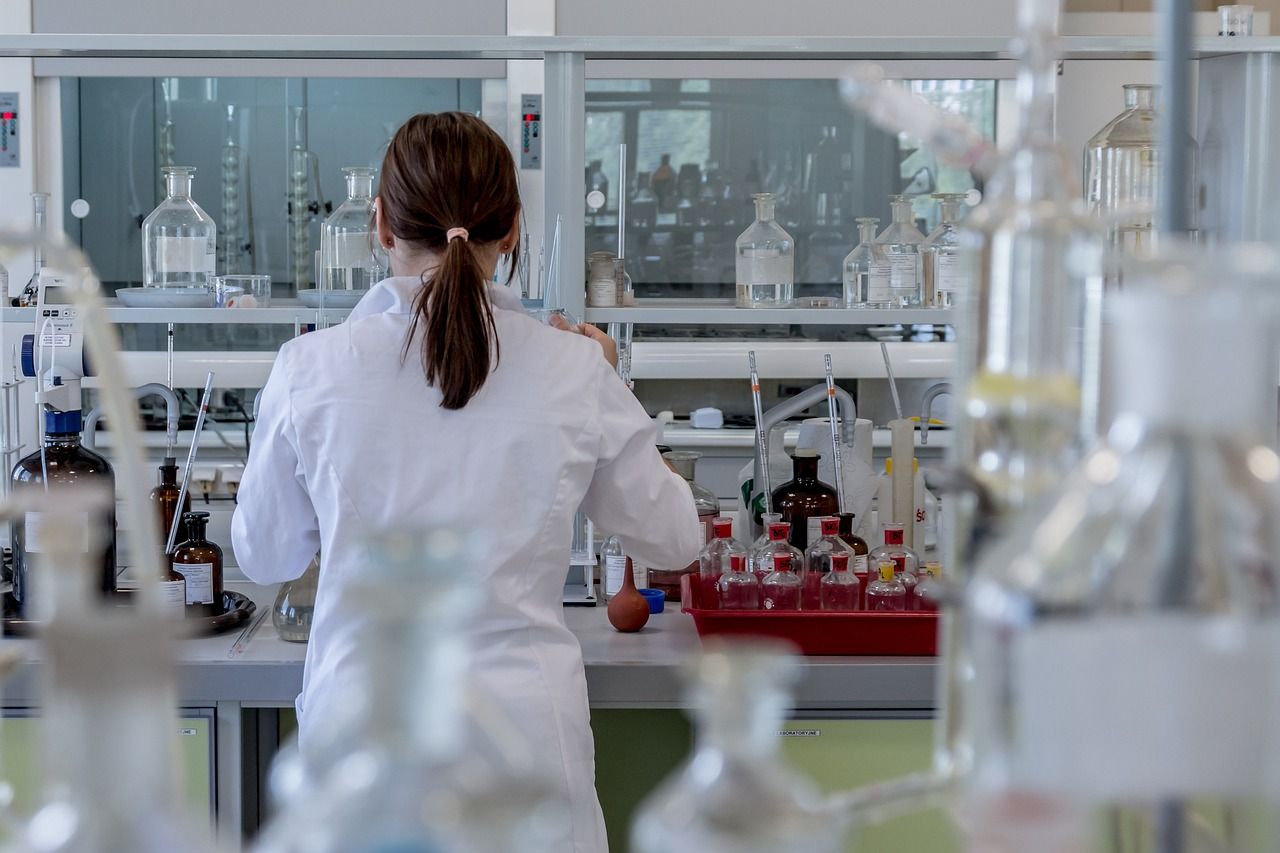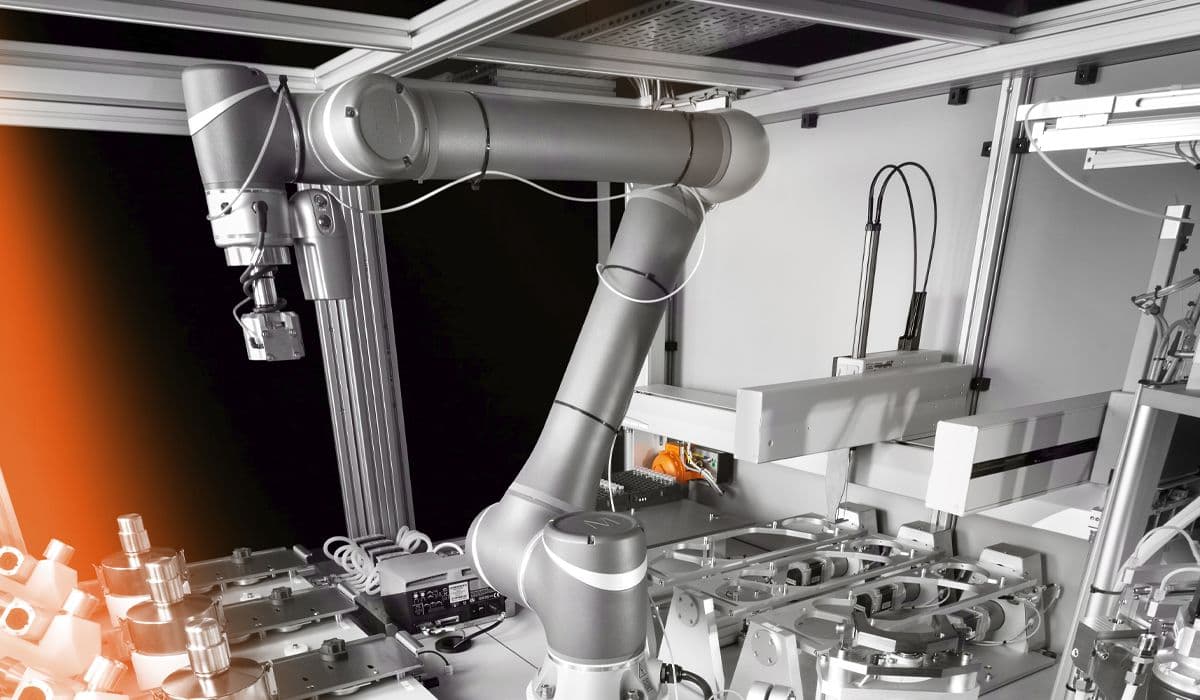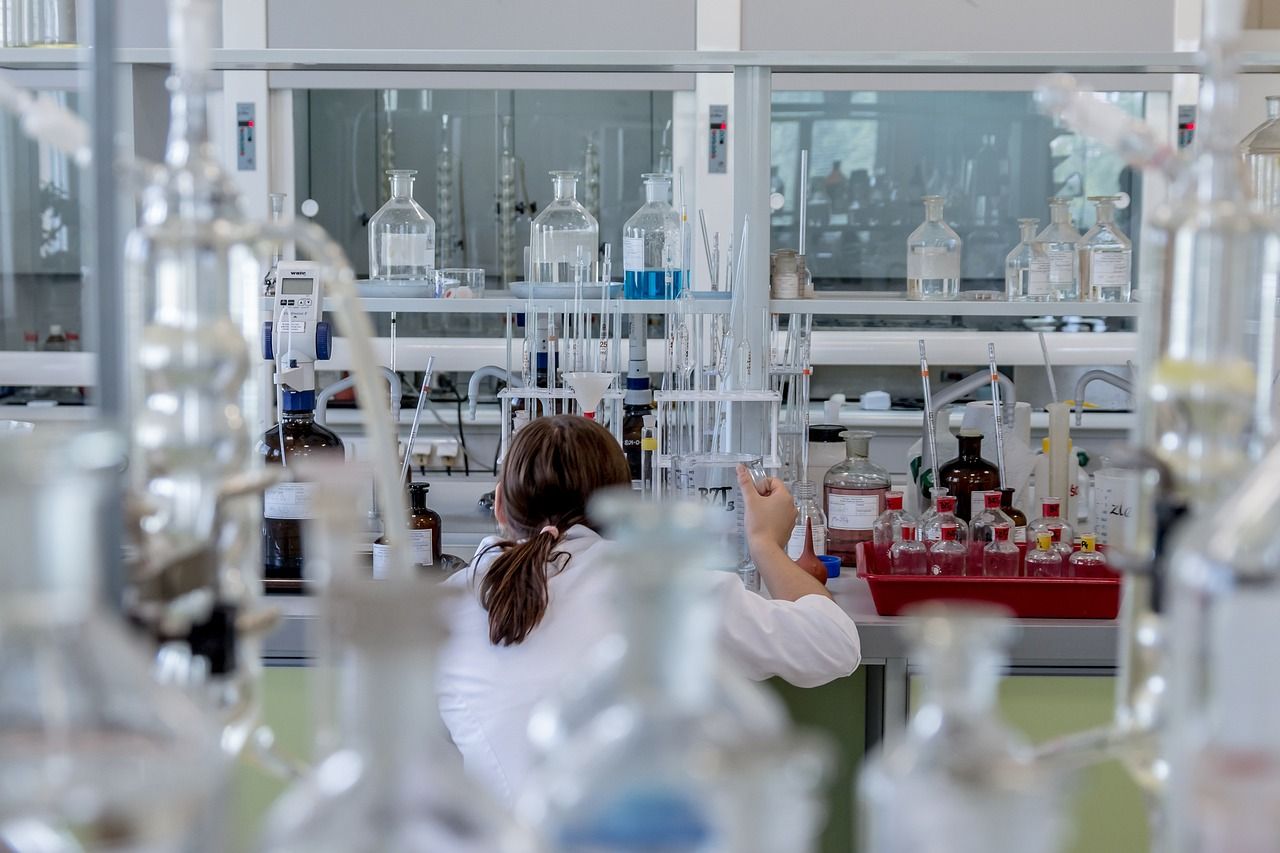Types of automation in medical laboratories

Share this article
In an attempt to keep up with requests for improved medical solutions, organisations are turning to laboratory automation to assist with achieving these advancements.
What are the different types of Automation in Medical Laboratories?
There are many different implementations of automation in laboratories, each focusing on a specific area of the functionality of a medical laboratory. The most common include:
- Liquid Handling Automation: These machines use a motorised pipette or syringe, attached to a robotic arm, to dispense a specified volume of liquid or a sample to a designated container. These modifications ensure that liquid handling processes such as sample preparation, aliquoting and dispensing reagents are as efficient, consistent and as precise as possible.
- Sample Management Automation: These sample management systems and softwares store, track, and label samples accurately, minimising human error to maximise efficiency in life-science laboratories.
- High-Throughput Screening Automation: These machines, used in drug discovery processes, rapidly test a large number of chemical and biological compounds. Extensively used in the pharmaceutical industry, this technology leverages automation to quickly test the activity of many molecules, usually drugs, efficiently.
- Laboratory Information Management Systems (LIMS): Primarily, the function of these systems is to integrate with automation systems to track and manage samples to centralise access and storage of quality control data. In turn, this manages workflow and laboratory operation to improve productivity and traceability.
What are the benefits of automation in medical laboratories?
Automation systems are designed to remove human error and in turn, provide the following benefits:
- Increased Efficiency and Throughput: By handling repetitive, time-consuming tasks, automation reduces processing time and increases laboratory capacity so more testing can be undertaken.
- Improved Accuracy and Consistency: By removing human error, automation minimises inconsistencies and ensures uniformity across results and samples.
- Enhanced Data Integrity and Traceability: By enhancing data collection and management, automation facilitates tracking of samples and results.
- Reduced Costs: By increasing laboratory productivity and reducing labour costs, automation yields cost savings over time.
- Improved Safety: By reducing laboratory personnel’s exposure to hazardous chemical materials, automation reduces health risks and therefore improves the safety of these environments.
How can Astech help?
Astech Products’ expertise in designing and implementing bespoke laboratory automation solutions is tailored to specific laboratory needs. This means our software and technology is specific to each laboratory environment depending on its needs. If you or your organisation require automation assistance, Astech can provide bespoke solutions tailored to your requirements.
More information
For further information or guidance regarding Medical Laboratory Automation, please do not hesitate to contact Astech with any questions or queries - we’re always happy to help.


